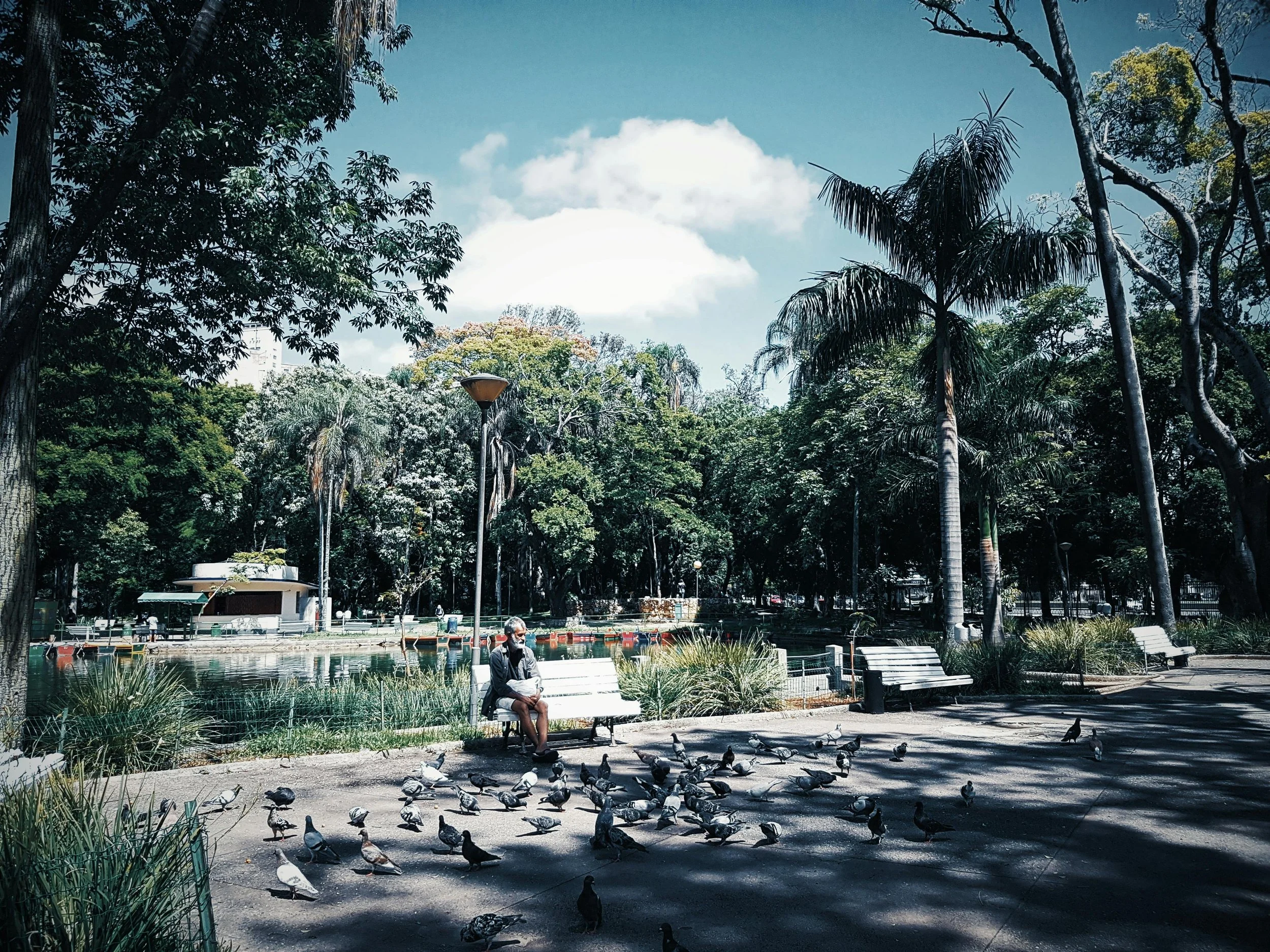Peace with One Another
By Bryant Borges
“Salt is good, but if the salt has lost its saltiness, how will you make it salty again?
Have salt in yourselves, and be at peace with one another.” — Mark 9:50 (ESV)
One of the earliest and most overlooked symptoms of burnout is the quiet unraveling of our ability to maintain healthy relationships. It often shows up subtly—an increasing impatience, emotional detachment, or a growing reluctance to engage with others. But how can we lead effectively if we neglect what matters most—our relationships?
When we’re overwhelmed, anxious, or frustrated, our bodies respond exactly how God designed them to in moments of threat. The autonomic nervous system activates the sympathetic branch, signaling fight, flight, or freeze. This survival mode is a necessary God-given response—but it’s not meant to be permanent.
The challenge is that when we’re stuck in that state, we lose the ability to connect. Compassion, empathy, and even the capacity to appreciate someone else’s strengths become harder to access. It’s physiologically difficult—if not impossible—to extend peace when cortisol and adrenaline are flooding our system.
To embrace the wisdom of Mark 9:50, we must confront a hard truth: not everyone is a threat. Yes, past wounds can train us to be suspicious, guarded, even cynical. But peace doesn’t grow in suspicion. It grows when we risk trusting again—wisely, of course—but enough to open the door for fellowship and restoration.
When we pursue peace with others, something surprising happens:
We often discover peace within ourselves.
A Short Story: The Bench at Willow Park
James sat on the same bench at Willow Park every Saturday morning. He liked the way the trees swayed gently in the breeze, the rhythm of birds overhead, the stillness of the nearby lake. But more than that, he liked that the park was empty. People had become… exhausting.
After fifteen years in ministry, James felt numb. He once thrived in the flow of meetings, counseling sessions, and Sunday messages. But now? He flinched at phone calls and avoided eye contact at the grocery store. Too many betrayals. Too much disappointment. It was easier to be alone.
Then came Marvin.
A retired carpenter with a quiet voice and an easy smile, Marvin began sitting on the far end of the same bench—never too close, never too loud. For three weeks, all he offered was a nod.
On the fourth Saturday, he spoke:
“Beautiful morning. God sure knows how to paint the sky.”
James offered a half-smile. “Yeah… I guess He does.”
Weeks passed. Marvin would share a story here, a chuckle there. He never pried. Never asked James what he did or why he seemed so heavy. He just showed up—faithfully.
Then, one day, James opened up. About the betrayal. The weight of leadership. The exhaustion that drained his joy. He confessed he no longer trusted easily and that isolation, though lonely, felt safer than disappointment.
Marvin listened quietly, then said,
“Son, sometimes salt loses its flavor not because it’s bad… but because it’s been buried too long. Don’t let pain rob you of your purpose—or your peace.”
That day, something shifted. Not everything. But something. James didn’t feel healed, but he felt heard. And that was enough to take a small step forward.
Over time, James reached out to a former mentor… then a young leader who had been seeking guidance. He laughed more. Breathed deeper. Listened again.
And on a quiet Saturday, he slid over on the bench and said to Marvin, “Plenty of room, you know.”
Marvin smiled. “Glad to hear it. I was starting to think you were made of concrete.”
They chuckled.
Peace had made its way back—not through strategies or sermons, but through presence, patience, and the quiet courage to trust again.
Reflection
This story is a reminder of the blessing found in friendship and the healing peace that emerges when we make a guided and grace-filled attempt to rebuild what’s been broken.
We are relational beings. Not by choice—but by divine design. When God created man in His image, He made us to reflect His own relational nature, modeled in the eternal unity of Father, Son, and Holy Spirit.
Our spirit was made for relationship.
Our soul—mind, will, and emotions—thrives in connection.
And our bodies experience wholeness in the fellowship of community.
The metaphor of salt speaks to our ability to preserve and enhance relationships. But when we lose that "saltiness," we begin to lose the flavor of life itself. We disconnect—from others, and ultimately, from ourselves.
Application: A Guided Step Toward Peace
Maybe this message resonates with you. Maybe you feel numb, guarded, or too hurt to try again. Maybe it feels impossible to reintroduce connection, love, or trust.
But just for a moment, I invite you to pause.
Put down your phone. Step away from distractions.
And have an honest conversation with God.
Tell Him everything—your fears, your frustrations, your fatigue. Speak it out loud. Write it down. Let your whole being recognize that this is not just internal reflection—this is a sacred, healing moment.
Now, breathe.
Deeply…
Inhale peace…
Exhale the pressure…
Do it three times—slowly.
You are not just calming your mind. You are aligning your body and spirit with the healing presence of God.
Now, receive this promise:
“He restores my soul.
He leads me in paths of righteousness for his name’s sake.”
— Psalm 23:3 (ESV)
Healing doesn’t begin with effort—it begins with surrender.
Peace doesn't require perfection—only presence.
And connection isn’t a risk to avoid—it’s a grace to receive.
Let His restoration begin—right here, right now.
Free Events:
Virtual Sabbaticals every Tuesday at 12p ET
Subscription:


